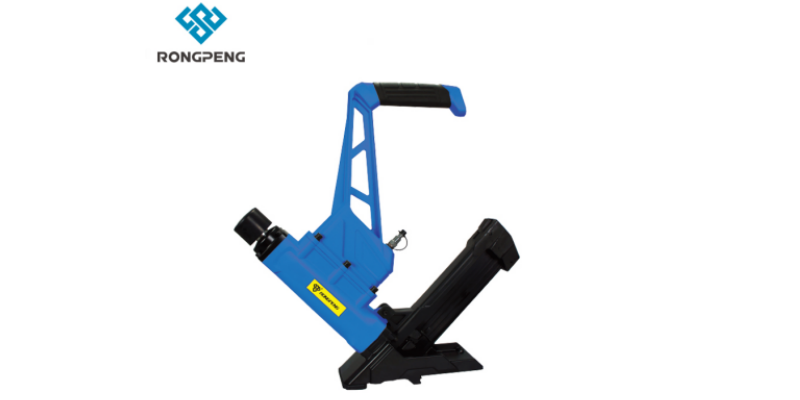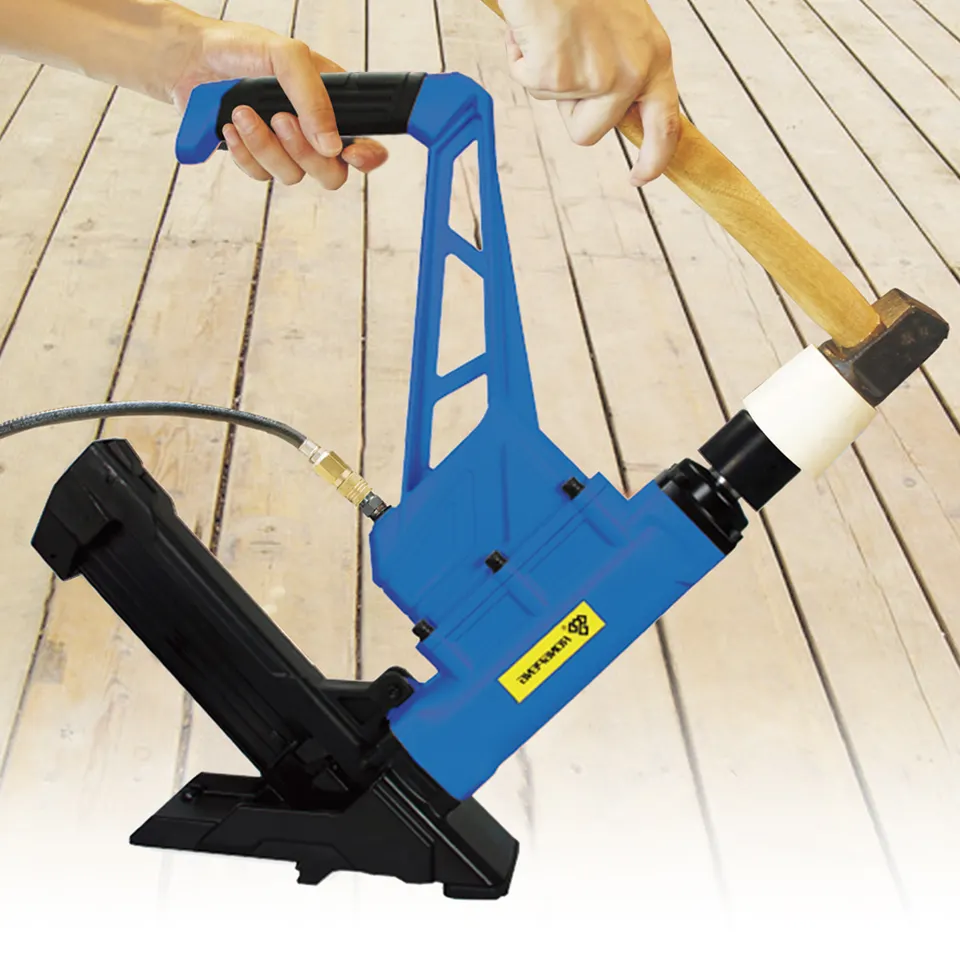

What’s the difference between hardwood and engineered wood flooring?
When shopping for new flooring, you'll find both solid hardwood and engineered wood options. The main difference lies in their construction.
Hardwood floors are made of solid wood. Walnut, cherry, pine, birch, ash, is a common variety of hardwood floors. Solid hardwood flooring is milled from a single piece of wood. The planks are 100% hardwood through their entire thickness, typically 3/4” thick. This all-wood construction makes solid hardwood highly durable. Hardwood boards are usually narrower than engineered wood planks to better accommodate humidity changes.
Engineered wood flooring has a thin veneer, usually 3/8” thick, is actually made of layers of wood with a veneer of real wood. This top layer is adhered to a plywood base. The layered construction makes engineered flooring more dimensionally stable and less prone to expansion or contraction with changes in humidity. It's a good choice for installations over concrete or radiant heating.
Deciding whether to invest in solid or engineered hardwood flooring depends on your environment. Solid wood floors are known for their durability and the fact that they can be repaired many times. It is also more expensive than engineered wood flooring, which is more moisture-resistant.

Can I install hardwood flooring on concrete?
Hardwood can be installed over concrete provided the subfloor is properly prepped. But there are certain requirements to ensure that moisture does not reach the hardwood. Concrete floors of solid hardwood should be ground or above ground (ground or above ground). For basements, most flooring manufacturers recommend using engineered wood. In addition, the concrete must also be completely dry - even before installing the subfloor. Carpet, paint, and other materials must also be removed, and you may need to prepare them with a concrete grinder first.
After laying new concrete, it must be cured, at least 60 days old, and the moisture content must be tested before installation. Before laying hardwood floors on concrete, you will need to place a moisture barrier between the two surfaces. For solid hardwood on concrete, it is recommended to use wood subfloor, which can improve the overall floor level. There are a few things to consider, as the gaps between doorways and other items may change.
What Hardwood Flooring Fasteners Will I Need?
When tackling a DIY hardwood installation, be sure to get the right fasteners. Using staples or cleats specifically designed for hardwood will make driving them with an air nailer much easier and produce better results. The main options include:
16 Gauge L-shaped cleats: These are 1-1/2" to 2" angled cleats that provide excellent holding power in solid hardwood floors. The L-shape allows the fastener to grip the subfloor from the side.
16 Gauge T-shaped cleats: T-staples are also 1-1/2" to 2" in size but form a T-shape when driven into the wood. The top of the T helps reduce movement or squeaking. These are best for engineered wood and thinner exotic species under 3/4" thick.
15 Gauge Flooring Nails: These specialty staples are 1-1/2" to 2" in length and better suited for wider planks 5" or more in width. Use 15.5 gauge size for wider solid boards.
What Tools Need for Installing Hardwood Flooring?
You need manual flooring tools and air flooring nailer. Some necessary tools such as tape measure, pry bar, chisel, table saw or miter saw, air compressor and hose.

If you have a large installation project, choose the RONGPENG 9800RC 3 In 1 Flooring Nailer. L,T or staple configuration. Ergonomic design with longer handle for easy operation Composite base to eliminate scratch and damage to the surface of the wood. Non-Marring base is designed to allow driving of fastener close to wall. Using no cylinder structure, the life of the product is longer.
Pneumatic, single strike design. Precise drives at 45° angle every time. Lightweight die cast aluminum body offers job site durability . Mallet actuated to give you the tightest floors. 3-in-1 design for 16-gauge T & L cleats and 15.5-gauge flooring staples from 1-1/2” to 2”in length.
Suitable for homeowners and contractors. With its versatility, power, and easy-to-use design, installing new hardwood and engineered has never been easier thanks to the RONGPENG 9800RC nailer.

Model | Dimension | Weight | Required pressure | Max.pressure | Nail Capacity |
9800RC | 488×90×495mm | 4.54kg | 120PSI(8.3bar) | 120PSI(8.3bar) | 100Pcs |
RONGPENG has quickly risen to become an unrivaled global producer of air-powered devices including air tools, air spray gun, air nailer, airless paint sprayer, and etc.
RONGPENG seeks independent sales agent to represent and market our industry-leading pneumatic tools. We support OEM, ODM, OBM customization, small order quantity is acceptable and samples are available.
Make any cooperation possible. Any services related to the product, inquire with us now! Rongpeng@Rongpeng.Com